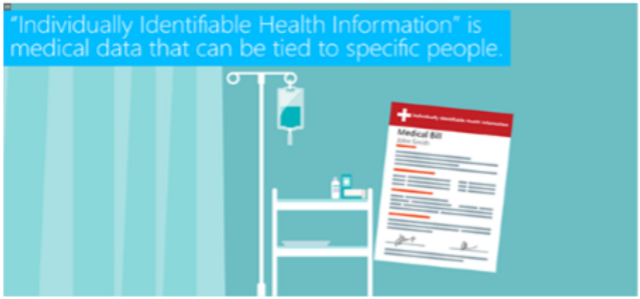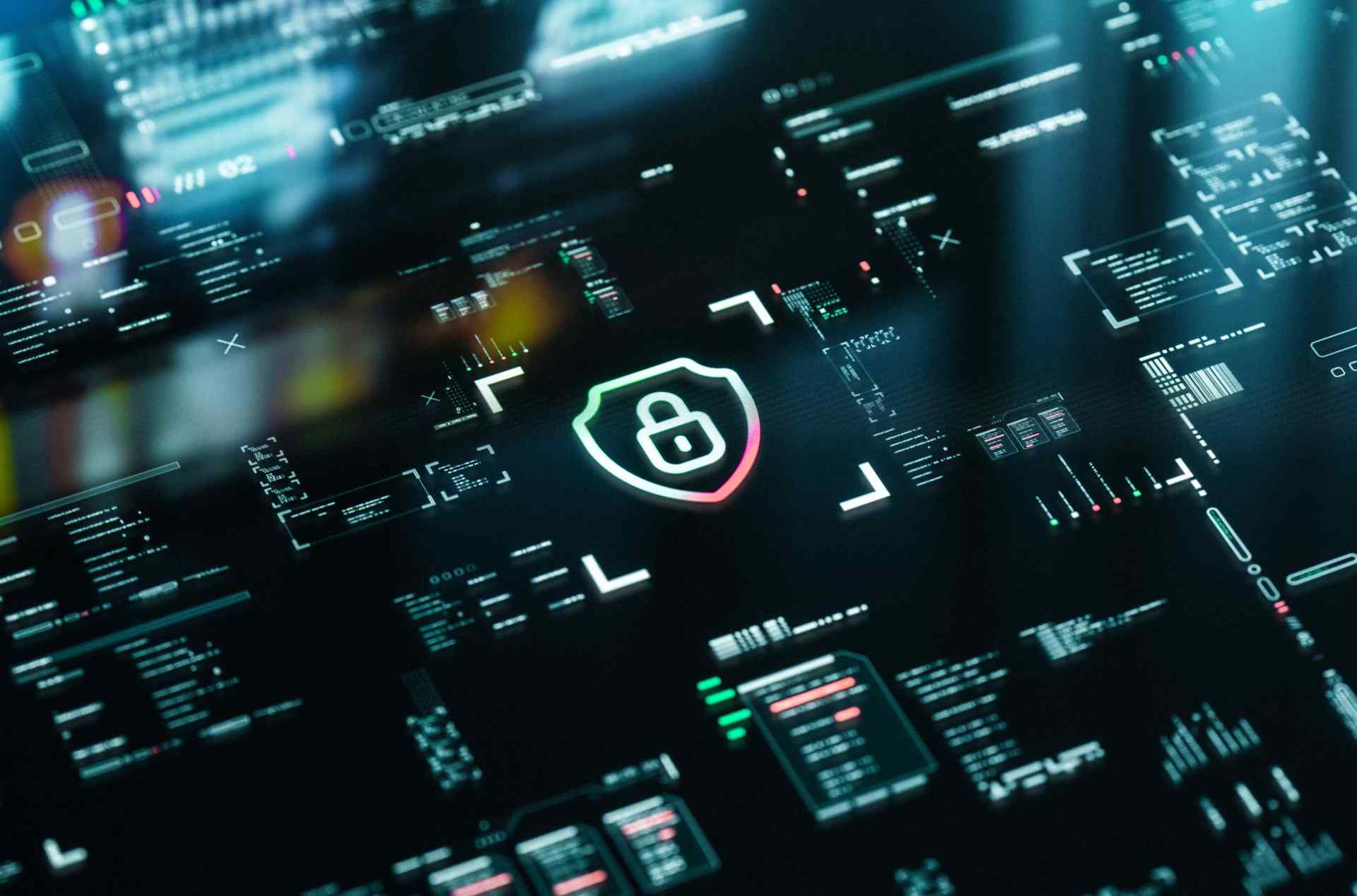Training
HIPPA / HITECH
Is your organization HIPAA/HITECH compliant?
Key Statistics from the 2019 Cost of a Data Breach Report conducted by Ponemon Institute:
Healthcare organizations experience the highest costs associated with data breaches at $6.45 million – over 60 percent more than the global average of all industries.
Healthcare organizations have more trouble than other industries retaining customers after a breach with a turnover rate of 7.0%. The global average is 3.9%.
Organizations in the healthcare industry take the most time in the data breach lifecycle at 329 days. The mean time to identify and the mean time to contain are 206 days and 73 days, respectively.
Employees of healthcare organizations are responsible for protecting and retaining vast amounts of highly sensitive data that must be kept current, accurate, and accessible to various parties. Regulations such as the Health Insurance Portability and Accountability Act (HIPAA) and the Health Information Technology for Economic and Clinical Health (HITECH) Act have been put in place to help protect your organization and patients. As part of these acts, the Department of Health and Human Services has mandated annual privacy and security training, as well as regular reminders, for all employees of Covered Entities. Not only are these required by the federal government, but they are considered to be impactful best practices.
What is at risk?
- Personal Risk | These can include disciplinary action as well as criminal penalties, up to 10 years in prison, and personal fines up to $250,000.
- Organizational Risk | A standard HIPAA violation costs up to $50,000 per incident of non-compliance and $1.5 million per year for each standard violation.
- Irreversible damage to reputation and loss of patients’ trust is at stake.
HIPAA/HITECH Tips
- Provide continued HIPAA/HITECH education to employees and stay up to date with reviewing regulations.
- Hold vendors accountable for IT security policies and require them to prove up-to-date and continued compliance.
- Do not share healthcare-related stories about patients on social platforms. Even if you leave their name out of the story, someone might be able to guess who the patient is based on the information provided. Protect patient’s information and rights.
Learn More

Request your free demo today.
Please complete and submit the form below.



